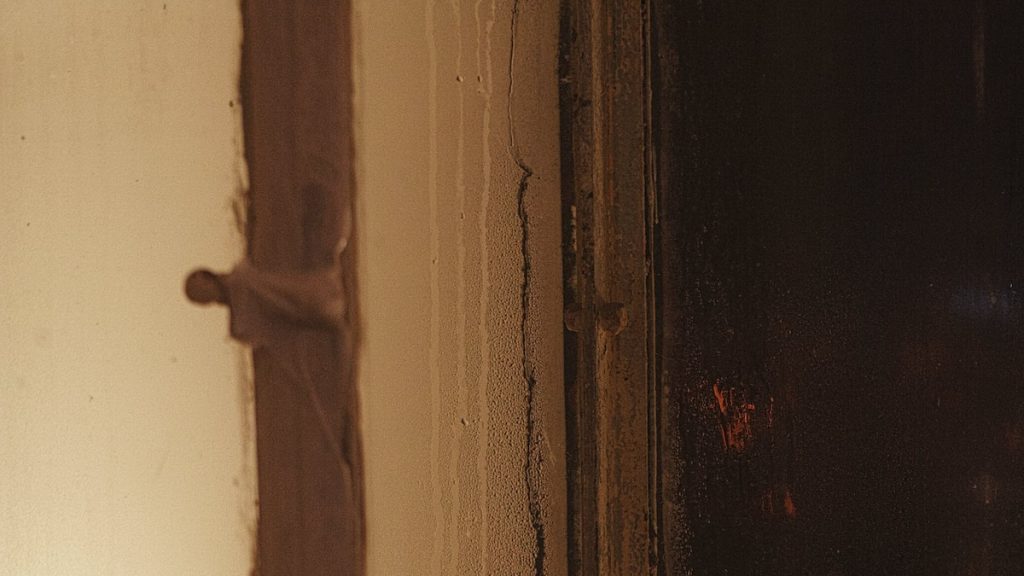
Window experts reveal six ways to prevent condensation from forming on your windows this winter – without using a dehumidifier.
Condensation is caused by high humidity in the air, which forms on cold surfaces when the outside is cooler than the inside. This is also due to lack of ventilation.
Condensation is not only unpleasant to the eyes, but it can also cause serious problems at home.
The recommended solution to get rid of this is often to buy a dehumidifier. However, if this is not possible there are other solutions, assures the Daily Mail, who consulted experts on the subject.
Here is their advice:
Use baking soda
Placing bowls of baking soda on the windowsill can significantly reduce humidity.
You'll notice that it hardens over time, which means it's doing its job. Plus, it's affordable and you can get it at any supermarket.
It's “excellent for small rooms, absorbs moisture and helps prevent condensation,” the experts promise.
Using rock salt for larger spaces
In larger, less condensing rooms, you may choose rock salt to draw moisture out.
“In large rooms, rock salt can be an effective alternative. It absorbs more moisture, making it suitable for large rooms with condensation problems,” the experts explain.
Open the windows
Opening windows briefly allows the moist indoor air to be exchanged with drier outdoor air.
Some people choose to do it for an hour in the morning or when they are not at home.
Smart showers
Using moderately warm water and taking a short shower may be appropriate.
After showering, always ventilate the bathroom by opening a window or using a fan to blow out moist air.
Plants that absorb moisture
Few people know that some plants like peace lilies and Boston ferns naturally absorb moisture.
Check regularly for signs of moisture
Finally, it's worth looking for signs of high humidity, especially in areas with little ventilation, such as water stains or mold growth.
Experts say that early detection of these problems and use of simple remedies can prevent the problem from getting worse.





More Stories
Sportswear: Lolle acquires Louis Garneau Sports
REM is still innovative enough to foot the bill
A trip to the restaurant with no regrets for these customers